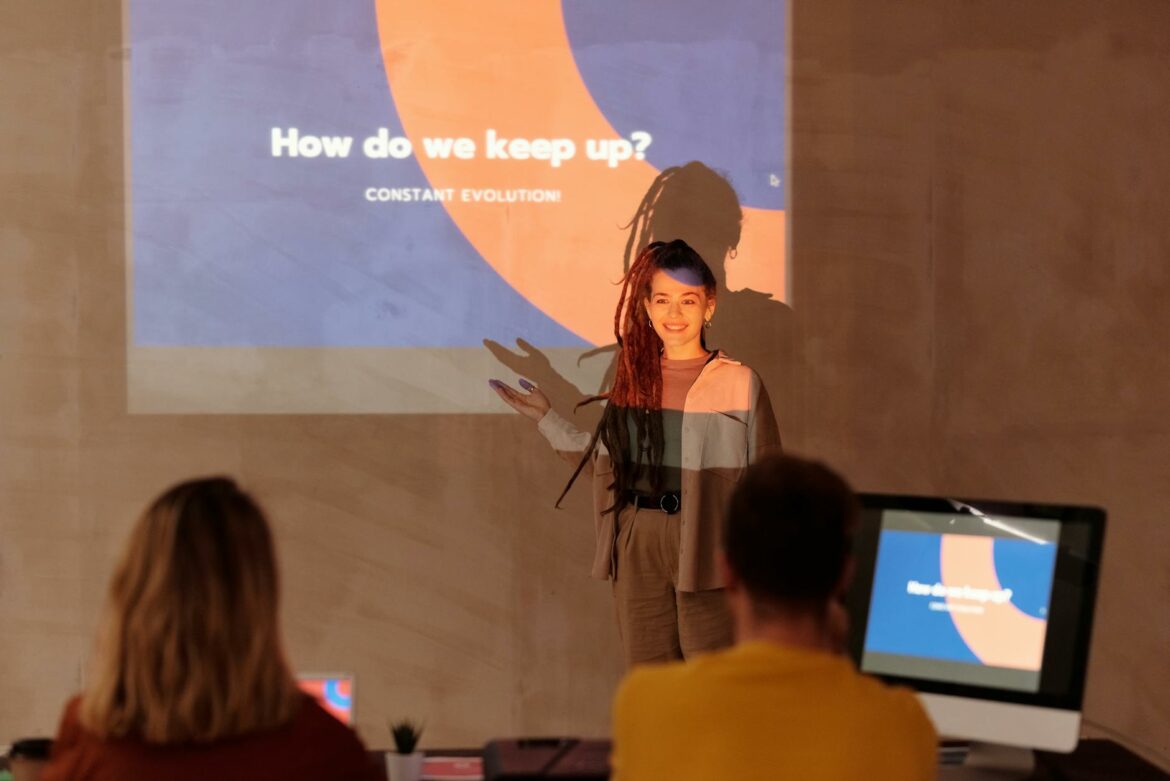As the sun dipped below the horizon, casting a golden hue over the small town of Maplewood, a bizarre fracture in the usual quiet brought a wave of excitement. A local band was just about to take the stage at the annual Maplewood Music Festival, and with every flicker of the stage lights, the crowd buzzed with a palpable energy, a mix of nostalgia and anticipation. For many, the festival was not merely an event; it was a crucial lifeline for the local music scene, where artists emerged, connections were made, and community ties were strengthened.
In towns like Maplewood, where opportunities for artists may be limited, local festivals serve a dual purpose: they not only promote local talent but also sustain the cultural heartbeat of the community. These gatherings create an inclusive environment for musicians to showcase their work while simultaneously drawing in audience members who might otherwise overlook the local arts scene. For many small towns, music festivals become the social glue that binds the community together, providing a space for people of all ages to celebrate their shared love for music.
However, the reality isn’t always rosy. As the music industry evolves, many local artists struggle to find venues willing to host live performances, especially in light of the pandemic that shuttered many establishments. Even before that, rising costs and changing consumption patterns meant that fewer clubs and bars offered regular live music nights. The Maplewood Music Festival, initially borne out of a desire to uplift local musicians, faced its own challenges: dwindling sponsorships, logistical hurdles, and competition from larger, more commercially appealing festivals. Yet, as the festival approached this year, the community rallied together, showcasing their resilience through their unwavering support for local artists.
In a bid to revitalize interest, organizers of the festival launched a campaign encouraging residents to engage more deeply with the performances. They invited members to submit song requests, which were then incorporated into the lineup, ensuring the music reflected not just the performers’ styles but also the crowd’s tastes. This collaborative spirit turned out to be the festival’s saving grace, igniting curiosity in the lineup and re-establishing connections between musicians and their audience: “Music can truly be the uniting force for a community.”
This local dynamic is mirrored in many other towns across the country. For instance, the annual River City Festival in a neighboring region has successfully leveraged social media to engage young audiences. By launching hashtag campaigns and inviting local influencers to participate, they’ve managed to draw a younger crowd, giving local artists a platform to express their creativity amid a growing and supportive audience. The festival’s organizers realized that in order to thrive, they needed to adapt to the changing tastes of their audience while maintaining their mission of supporting local talent.
Similarly, the Weston Folk Festival in another small town has developed into a staple event for music lovers, presenting a range of genres from indie rock to classical. This festival has made a commitment to spotlight emerging artists, serving as a launchpad for many who later go on to larger stages. By integrating workshops and jam sessions into the event, Weston Folk not only entertains but also educates attendees about the intricacies of music creation, fostering a culture that keeps music alive and evolving in the community.
The backbone of these festivals is the unyielding passion of the community members–volunteers dedicate their time to ensure everything runs smoothly, local businesses sponsor the events, and families come together to close out their summer weekends with music that resonates with their values and memories. Each festival weaves threads of familiarity and excitement, creating a tapestry that strengthens the local music scene.
For the artists, these festivals provide an opportunity to hone their craft in front of a live audience, receive immediate feedback, and share their music with people who genuinely care about their work. In a more intimate setting, musicians often forge connections with fans who later become lifelong supporters, attending future gigs and spreading the word about their favorite acts. Music festivals also encourage collaboration between artists, inspiring new projects and creative endeavors that may not have occurred without that initial spark of community connection.
However, the road ahead remains uncertain for many small-town festivals. The threat of larger corporate entities overshadowing local events looms large, depriving hometown acts of the visibility they need to grow. As music consumption continues to shift toward digital platforms, the challenge becomes as much about survival as it is about thriving. Yet, as seen in the stories of Maplewood, River City, and Weston, community spirit can drive change. The passion for music can rejuvenate spaces, turning flea markets into open mic nights and parking lots into venues for fledgling artists.
It’s this ongoing commitment to nurturing the local music scene that keeps the festivals alive–an unshakeable belief that music’s role in community extends beyond entertainment; it’s a vital part of their identity. As local bands take the stage this summer, they resonate not only with their melodies but with the stories, histories, and futures of their towns, crafting an experience that all can cherish long after the last note fades.

